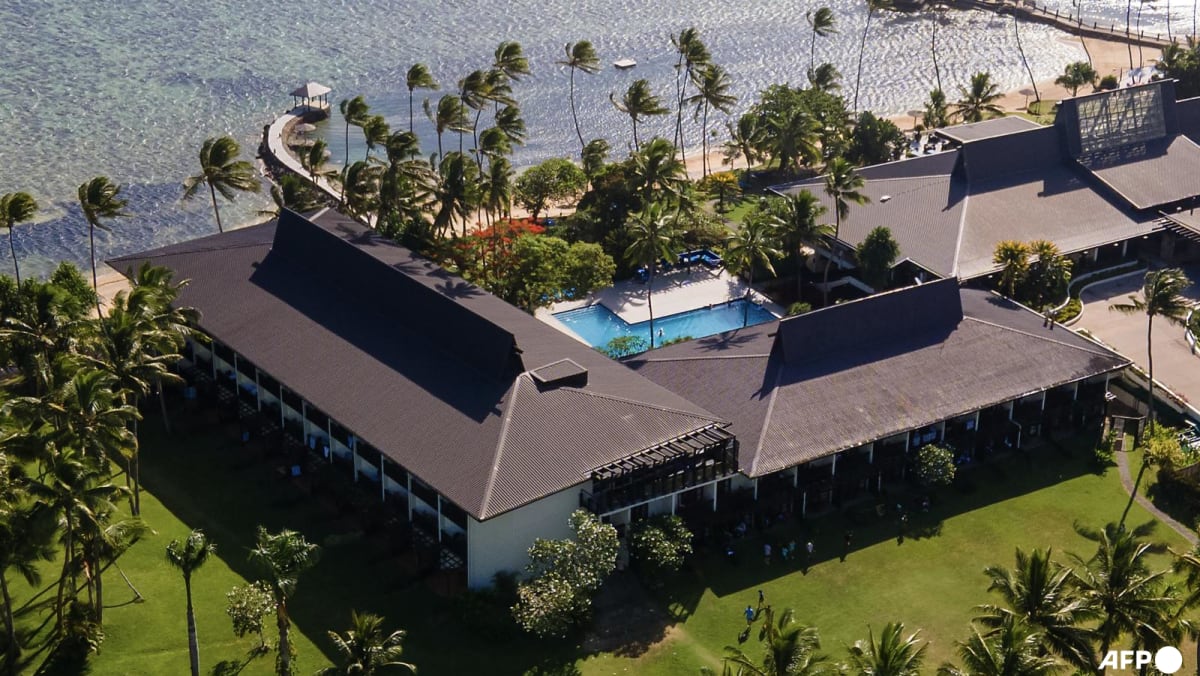Dengue will ‘take off’ in southern Europe, US, Africa this decade, WHO scientist says

Farrar previously spent 18 years working in Vietnam on tropical diseases including dengue. He later headed up the Wellcome Trust global health charity and advised the UK government on its COVID-19 response before joining the WHO in May this year.
Farrar said the infection is likely to “take off” and become endemic in parts of the US, Europe and Africa – all regions where there has already been some limited local transmission – as global warming makes new areas hospitable to the mosquitoes that spread it. That will put acute pressure on hospital systems in many countries, he warned.
“The clinical care is really intensive, it requires a high ratio of nurses to patients,” he said. “I really worry when this becomes a big issue in sub-Saharan Africa.”
Most people who get dengue do not have symptoms, meaning case rates are thought to be far higher than the reported numbers. Those who do can experience fever, muscle spasms and joint pain so severe it is known as “break-bone fever.” In severe cases – less than 1 per cent – it can be fatal.
There is no specific treatment for dengue, although there is a vaccine available. Earlier this week, the WHO recommended Takeda Pharmaceuticals’ Qdenga vaccine for children aged 6 to 16 in areas where the infection is a significant public health problem.
Qdenga is also approved by the EU regulator, but Takeda withdrew its application in the United States earlier this year, citing data collection issues. Takeda said it was still in talks with the US Food and Drug Administration about the vaccine.
Preparing new regions of the world to deal with dengue means ensuring that any public health funds get spent in the right areas, Farrar said, including on the best way to control the mosquito.
Dengue is spread by infected Aedes aegypti mosquitoes, which behave differently to the malaria-carrying kind. For example, they bite people indoors, and they bite all day rather than overnight. They also breed in very shallow water.
Farrar said proper prevention would include triaging plans for hospitals as well as scientific innovation alongside other key factors, such as urban planning, to avoid areas of standing water near or in houses.
“We need to combine different sectors that are not used to working together,” he said.
Keep up with the latest medical breakthroughs and healthcare trends with our newsletter Reuters Health Rounds. Sign up here.v
Source: CNA















